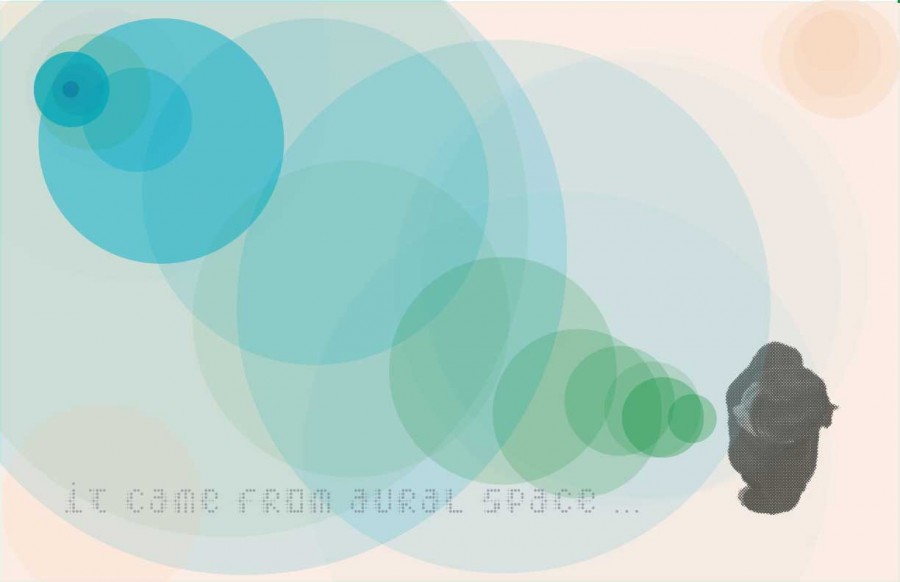How well can you remember sounds? Take a moment and think about the sounds that registered with you today. Try to remember the last thing you heard before falling asleep and what you heard when you woke up. It’s likely harder than you initially think. That’s because our daily lives are layered, complex, conglomerates of sound. For most people sounds trigger memories, shift in moods, or a heighten states of awareness. Sound permeates boundaries and inherently invokes doubt because hearing takes more work than other sense modalities. What we hear incorporates both identifiable objects and unseen forces. Sound’s seeping qualities make it hard to contain, locate, an identify with certainty. Mindful listening takes practice and the elusive qualities of sound only compound this challenge.
As difficult as it may be to remember sounds from today there are, however, instances when we overhear something seemingly insignificant and it makes a lasting impression. The absence of a sound such as the disappearance of traffic from a busy intersection could cause pause and a momentary shift in consciousness. The tone your lover has when they mention someone’s name to the emergence of insect sounds may be “insignificant” examples that cause you to refocus your attention. We are acutely aware that we listening to something that is outside ourselves and yet seemingly this “other” speaks to use and the meanings we attach to what we hear are just for us. But what is it that suspends preconceptions and causes reflection? What exactly is resonating with the listener? Who is calling and what is being conveyed?

Leave a Reply